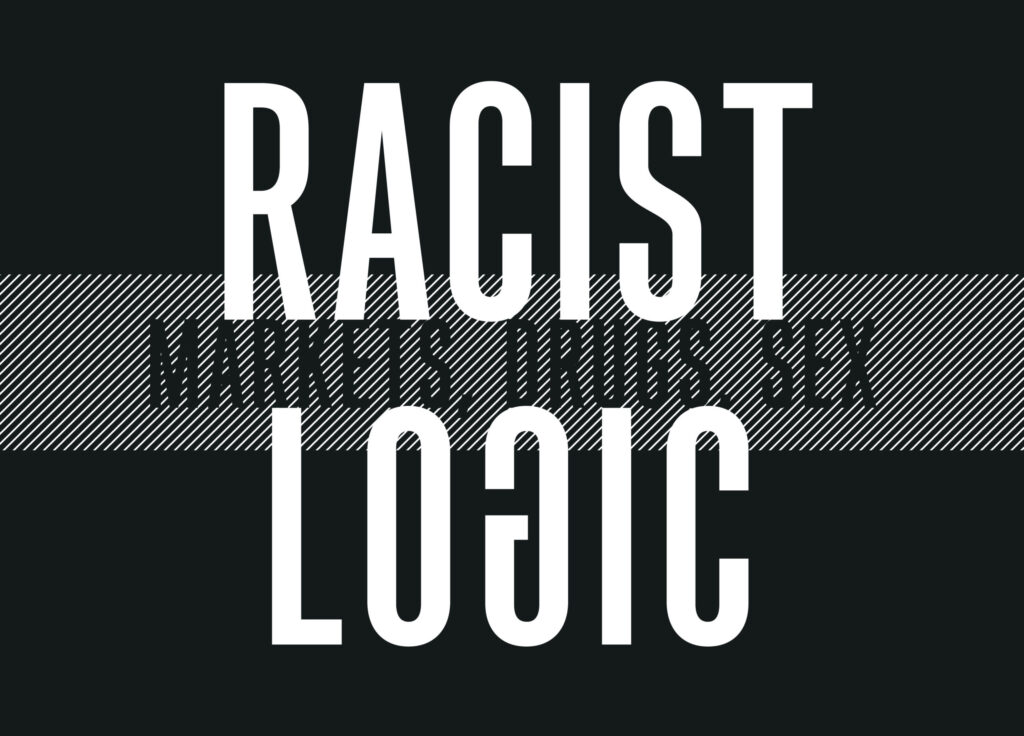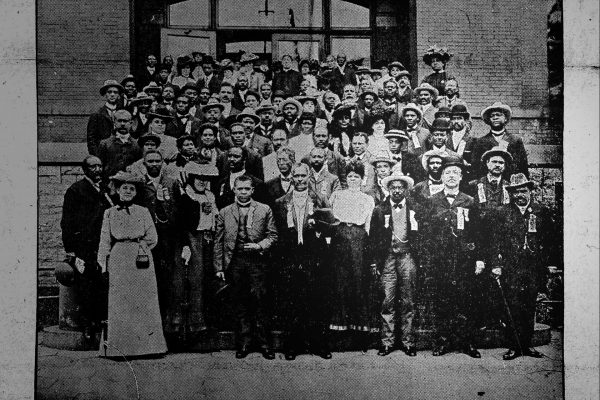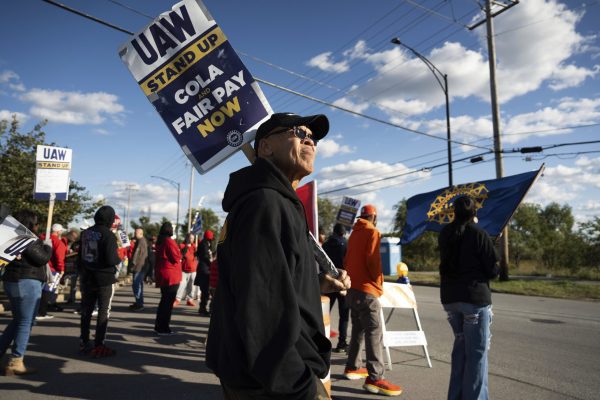With white mortality rates soaring as a result of opioid use, drug addiction has morphed from a criminal crisis into a health crisis. This should not surprise us since, as Donna Murch notes in her lead essay, “Historically, the fundamental division between ‘dope’ and medicine was the race and class of users.”
But by examining the opioid crisis alongside the War on Drugs— which has locked up so many people of color—as well as the Trump administration’s immigration policies, Murch brings an otherwise familiar story into new territory. To understand the twisted logic that created the divergent responses to drug use—succor and sympathy for white users, prison and expulsion for people of color—Murch draws on Cedric Robinson’s idea of racial capitalism. She shows how a racialized regime of drug prohibitions and a commercialized approach to prescription pharmaceuticals led Purdue Pharma to market OxyContin specifically to whites because it guaranteed them the longest head start on enforcement attempts and thus the biggest profits.
Racist Logic continues Boston Review’s interest in racial capitalism, and readers will find that it resonates with Forum 1, Race Capitalism Justice, to which Murch was also a contributor. Other contributors to Racist Logic consider how the idea of a specifically racial capitalism helps us understand the history of international banking (Peter James Hudson), the consumerism and commodification of black masculinity (Jordanna Matlon), the buying and selling of women’s eggs and uteruses (Alys Eve Weinbaum), Michelle Obama’s dubious bootstrap advice to black youth (Keeanga-Yamahtta Taylor), and the workings of affirmative action at elite universities (Richard Thomspon Ford).
The logic is grim, but there is cause for hope. As we go to press, a number of museums have announced that they will refuse money from the Sackler family, which owns Purdue Pharma—yielding, in part, to protests organized by forum respondent L.A. Kauffman. Moreover, the company settled a $270 million lawsuit with the state of Oklahoma, opening the door for future cases. Our ambitious hope is that Racist Logic will in some way contribute to this momentum.








